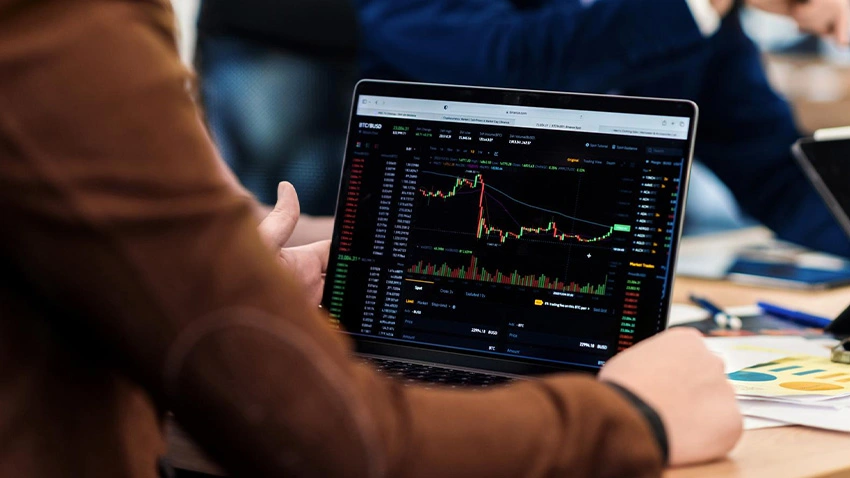Pros and Cons of Prop Trading for Individual Traders
Proprietary trading, typically called proprietary trading, involves firms or specific traders utilizing their possess capital to deal financial instruments such as shares, possibilities, futures, currencies, and commodities. Unlike old-fashioned trading where brokers execute trades on behalf of customers, prop traders perform with the firm's own funds, seeking to generate profits through a number of advanced strategies and techniques.

At their core , prop trading is approximately leveraging experience, engineering, and industry ideas to spot and capitalize on short-term value activities and inefficiencies. The techniques applied in prop trading are diverse, ranging from high-frequency trading to more elementary, discretionary approaches.
One commonly used approach is quantitative trading, where traders build mathematical designs and formulas to detect designs and estimate industry movements. These types may analyze vast levels of historic and real-time data to implement trades at rates and wavelengths beyond individual capabilities. By automating business performance, quantitative prop traders seek to use little value mistakes across markets or devices, often keeping positions for mere moments or minutes.
Still another common method is discretionary trading, which relies greatly on the trader's judgment and industry experience. Discretionary traders combine complex examination tools— such as chart styles, quantity developments, and energy indicators— with basic ideas, including financial reports and corporate earnings, to make educated decisions. This strategy requirements powerful market intuition and the capability to quickly adapt to adjusting conditions.
Industry making is also a key method used by some prop traders. This involves repeatedly quoting get and sell prices to offer liquidity in particular securities, profiting from the bid-ask spread. By facilitating simpler transactions and lowering cost volatility, market manufacturers earn consistent, albeit typically smaller, returns.
Risk management is a must in prop trading, regardless of the strategy. Successful firms and traders implement rigid regulates on position shapes, stop-loss instructions, and portfolio diversification to safeguard capital from undesirable moves. The capability to manage risk successfully separates profitable prop traders from those who incur significant losses.

In conclusion, prop trading thrives on a blend of advanced technology, sharp analytical skills, and disciplined risk management. Whether through algorithmic versions or discretionary judgment, prop traders constantly seek to exploit market opportunities, adding both with their possess profitability and the general market liquidity.
Comments
Post a Comment